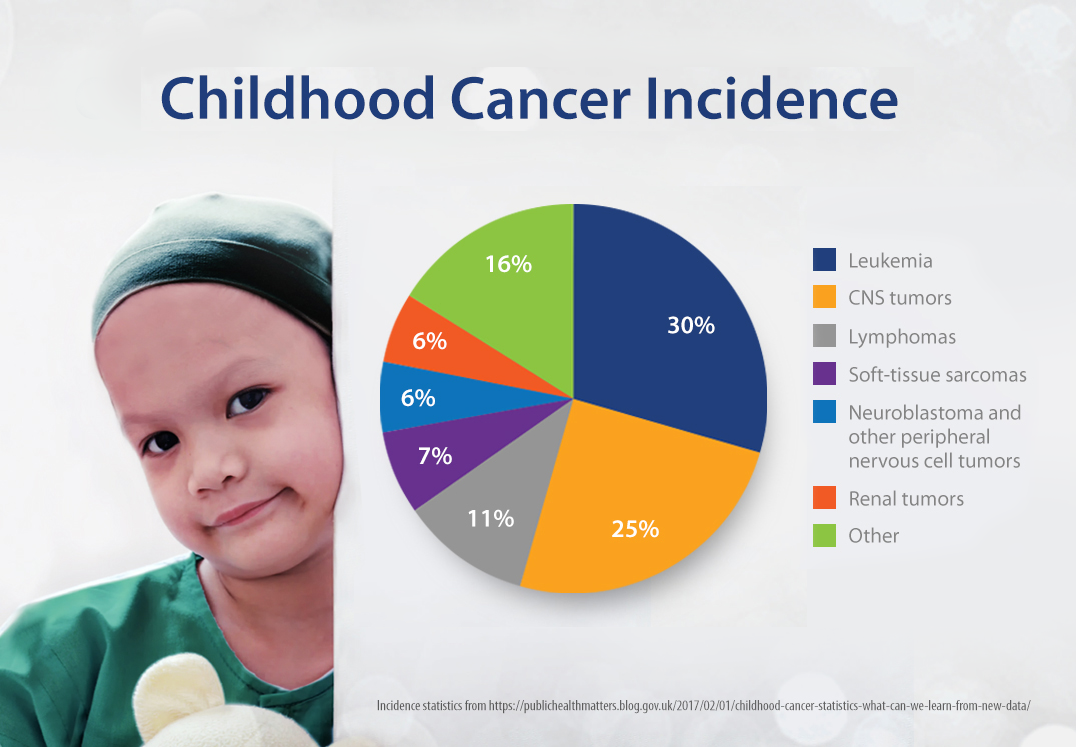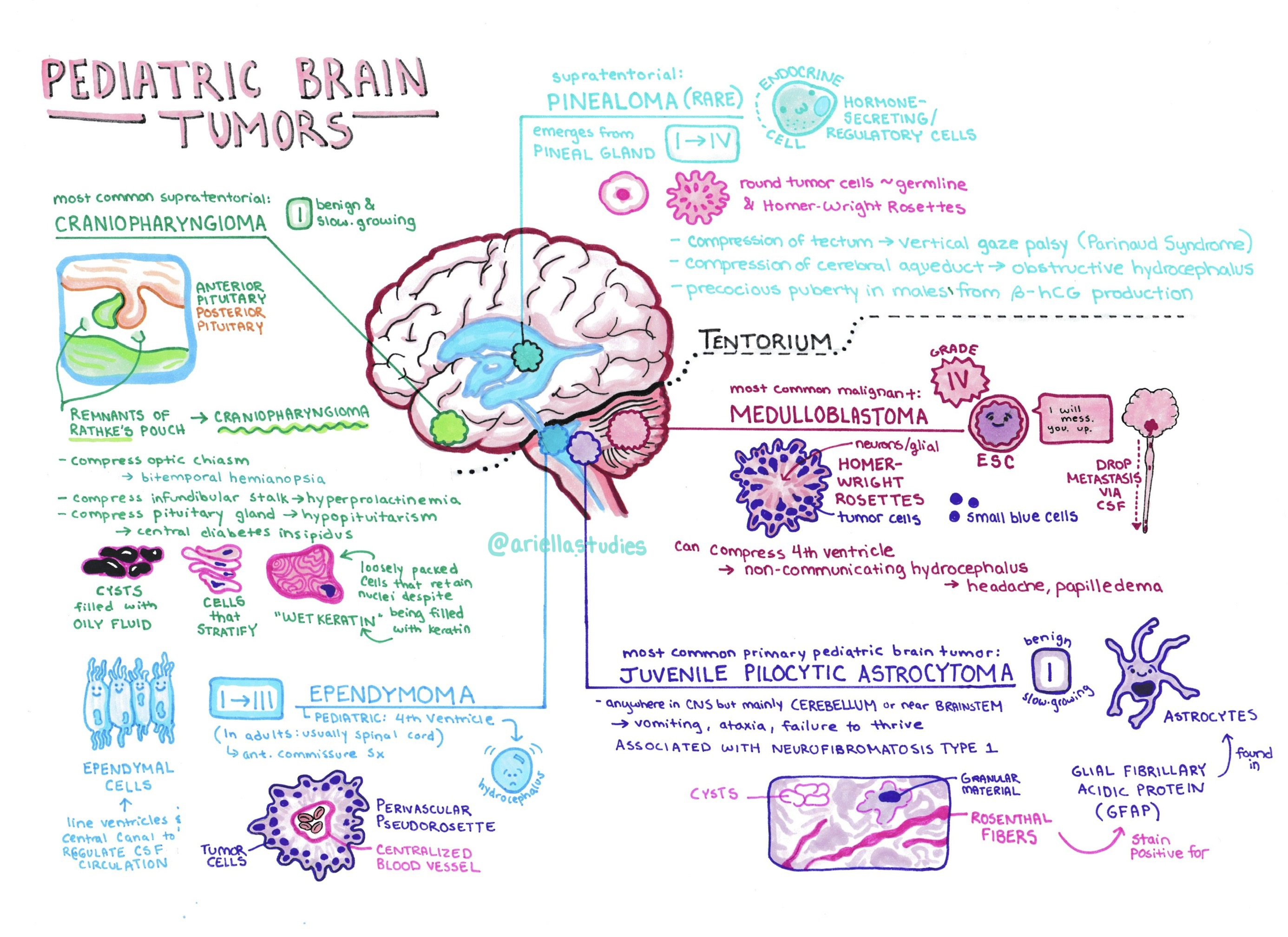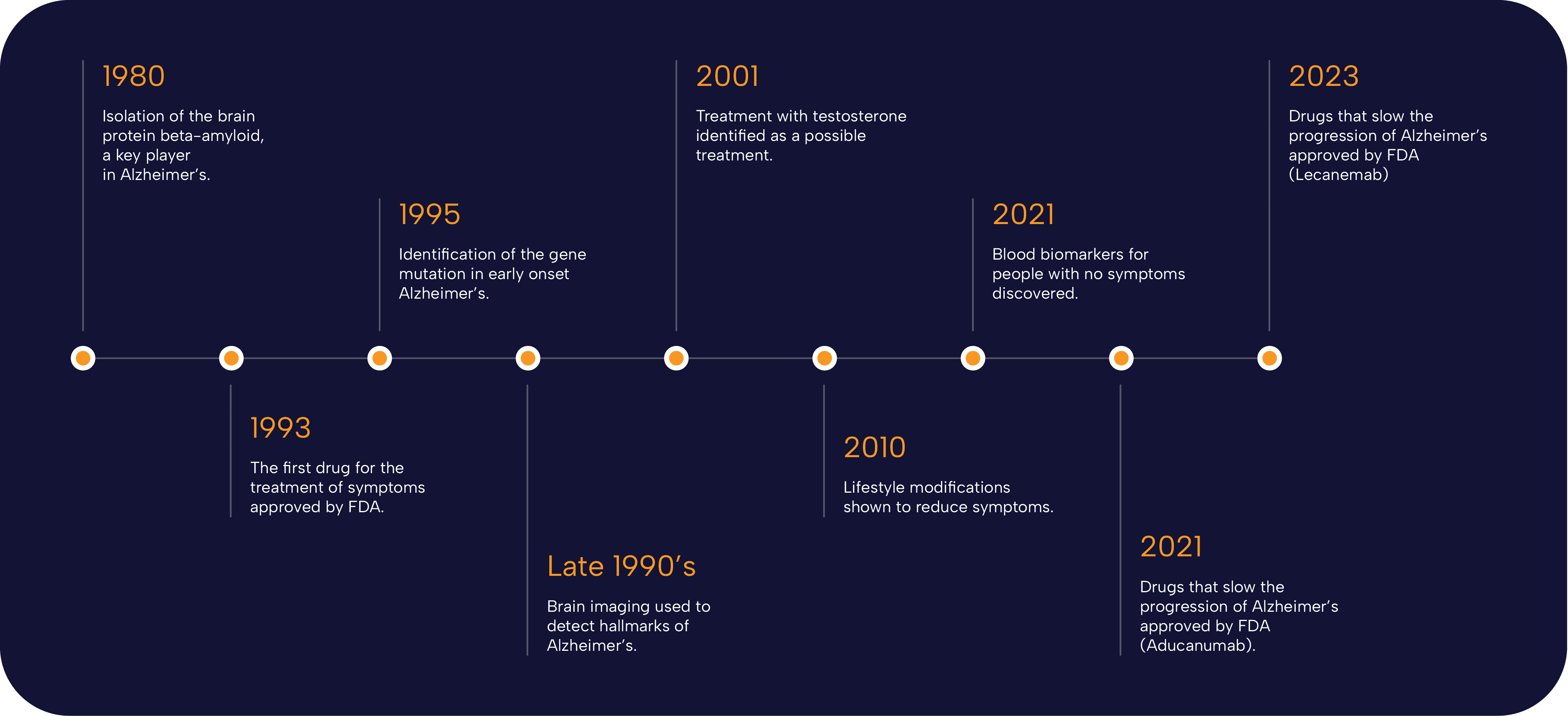Patient Safety in Medical Research: The Funding Crisis
Patient safety in medical research is paramount to the ethical advancement of science and medicine.As federal research funding, particularly from NIH, faces substantial cuts, the integrity and oversight of clinical trials are at risk.
Pediatric Cancer Prediction: AI Tool Enhances Accuracy
Pediatric cancer prediction has entered a new era with the integration of advanced AI technologies aimed at enhancing patient care and treatment outcomes.Recent studies reveal that innovative AI tools specifically designed for analyzing multiple brain scans over time can significantly outperform traditional methods in predicting relapse in pediatric cancer cases, particularly gliomas.
Pediatric Brain Cancer: AI Tool Predicts Recurrence Risk
Pediatric brain cancer represents a particularly challenging area of oncology, impacting thousands of children each year with various types of tumors such as gliomas.Recent advancements in artificial intelligence (AI) have opened new doors for predicting cancer relapse and managing treatment protocols for young patients.
Cancer Risk Reduction Strategies in Public Health Research
Cancer risk reduction is at the forefront of public health research, advocating for effective strategies to lower the prevalence of this devastating disease.As researchers like Karen Emmons at Harvard focus their efforts on innovative approaches, the importance of federal grant applications becomes increasingly evident.
Alzheimer’s Research Breakthroughs: Fighting Disease with Science
Recent advancements in Alzheimer’s research breakthroughs have revealed exciting insights into the role of microglial cells, which function as the brain’s immune system.These cells are pivotal in combating neurodegenerative diseases, actively monitoring and maintaining the health of neural pathways.



